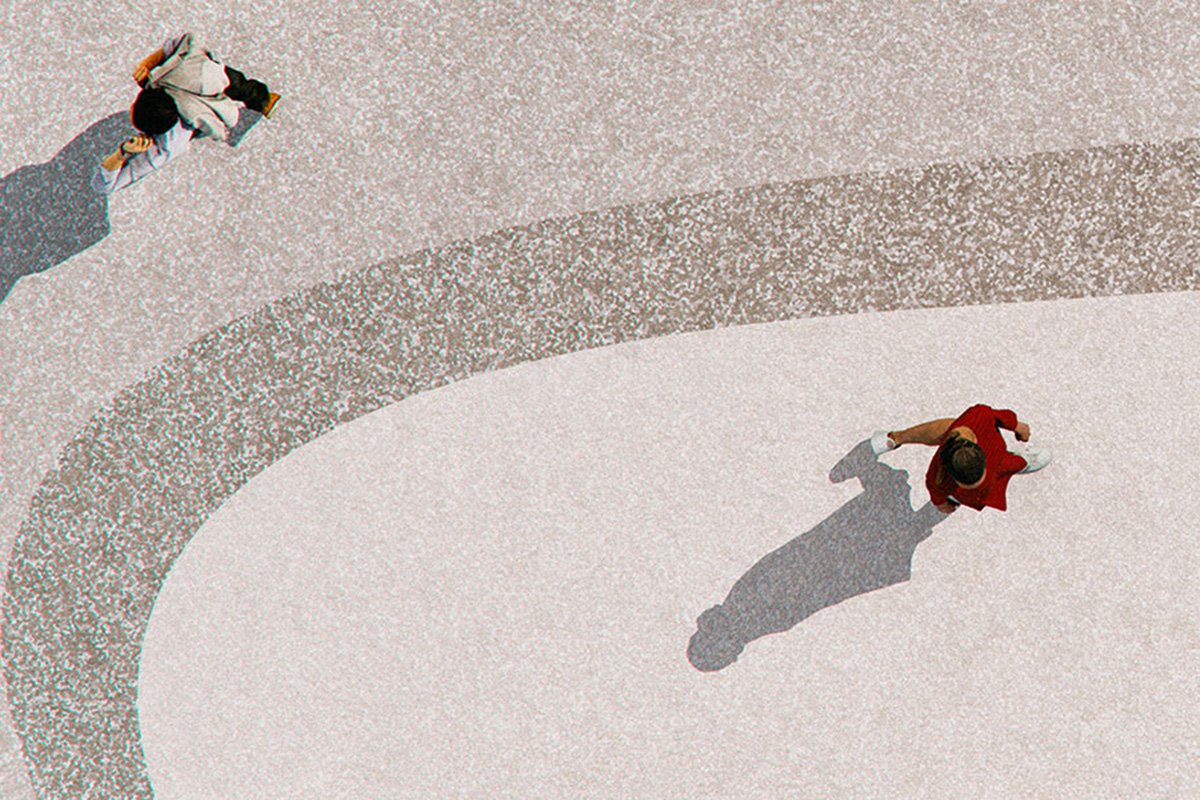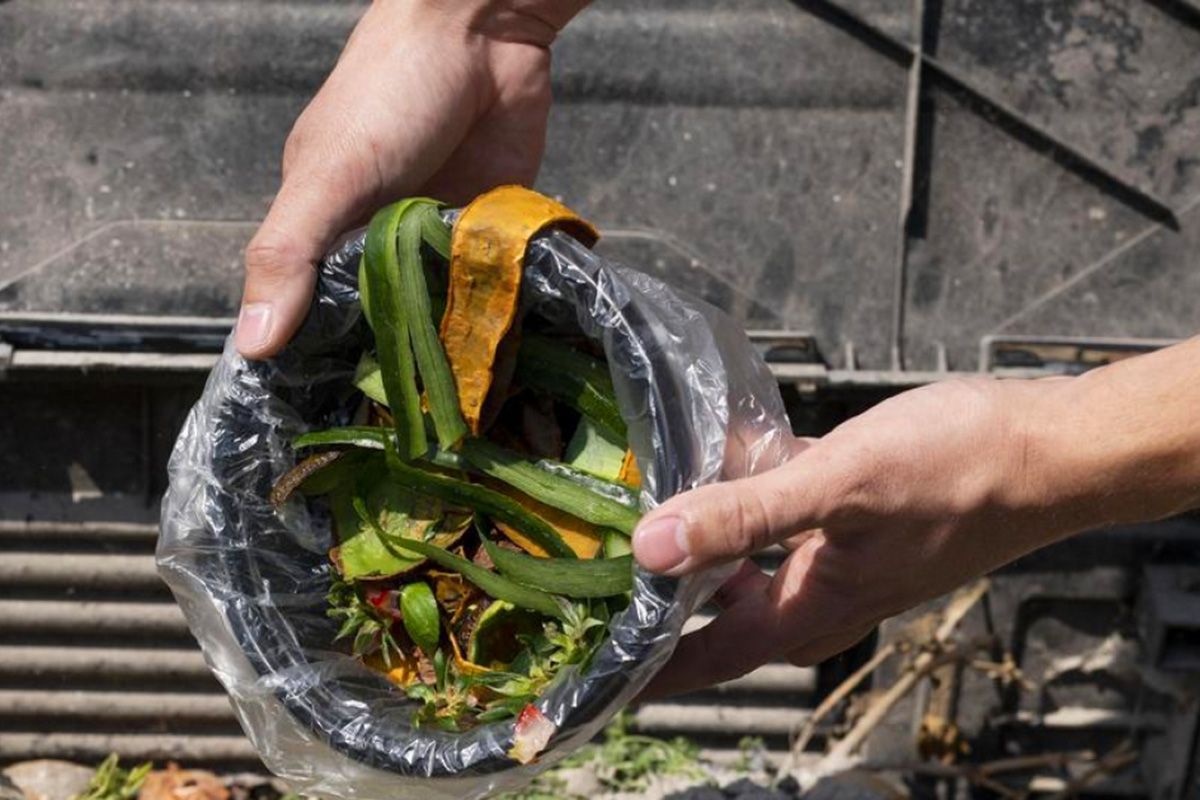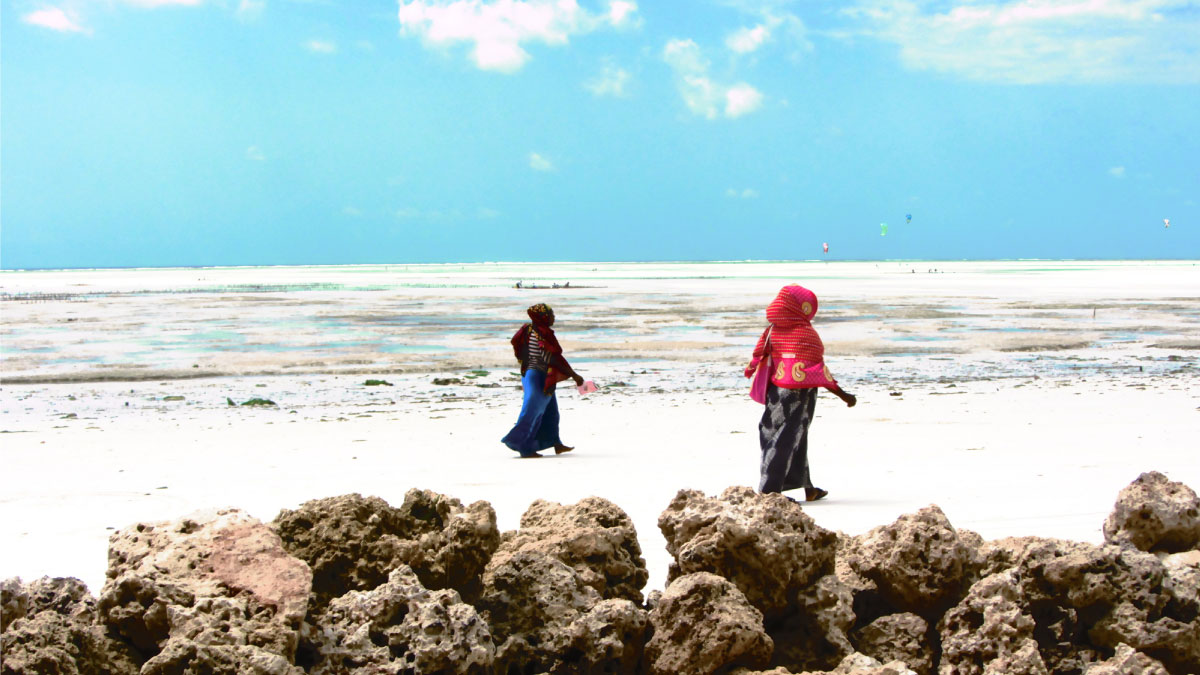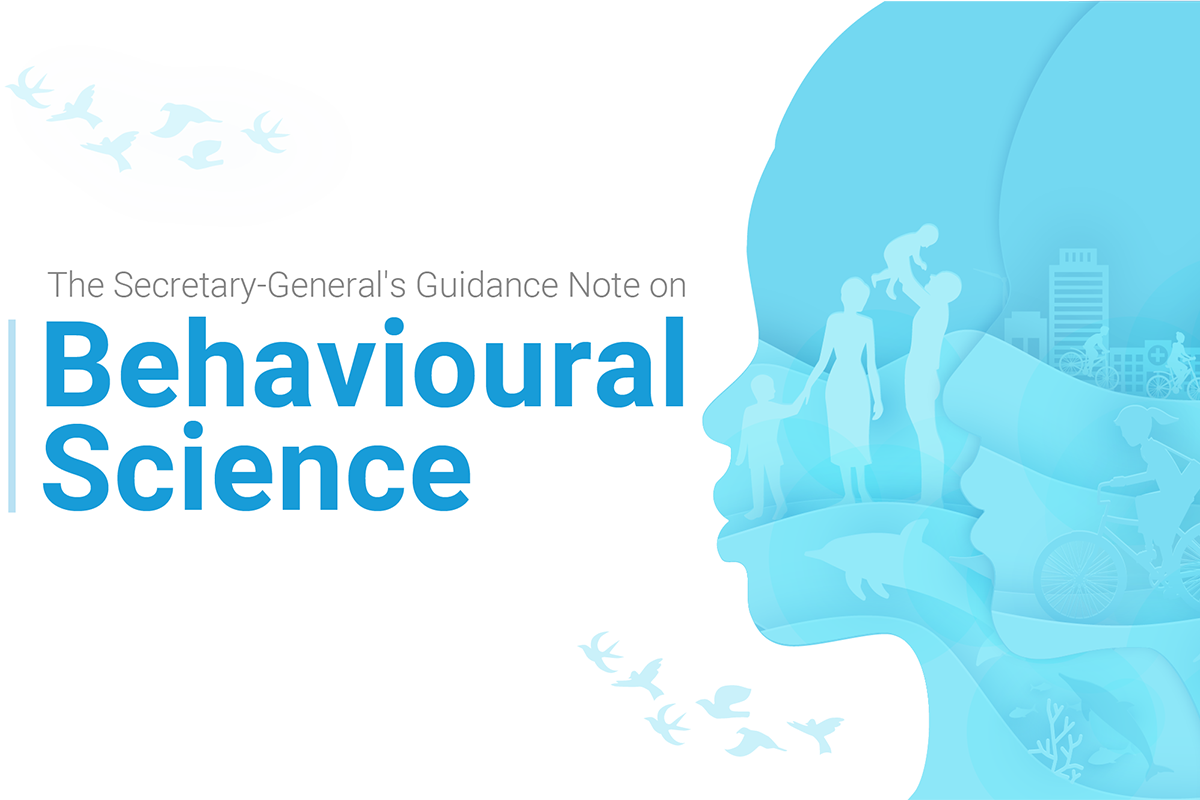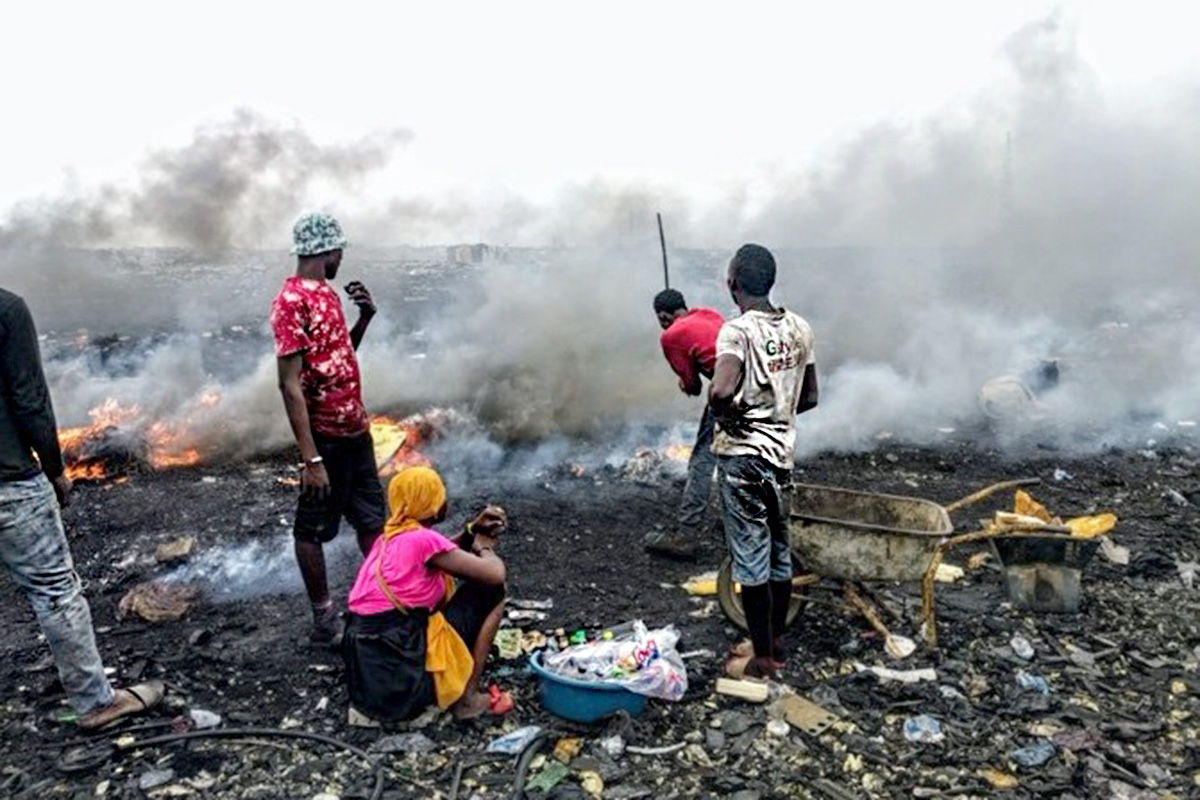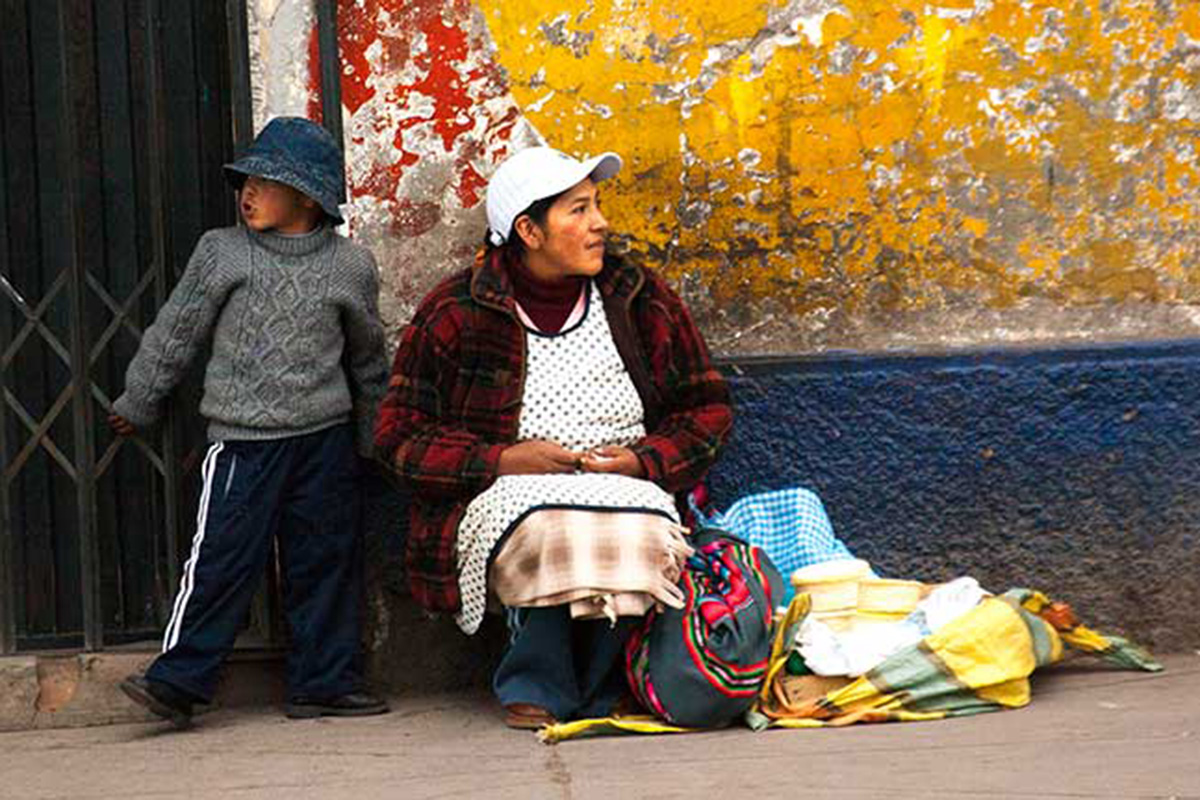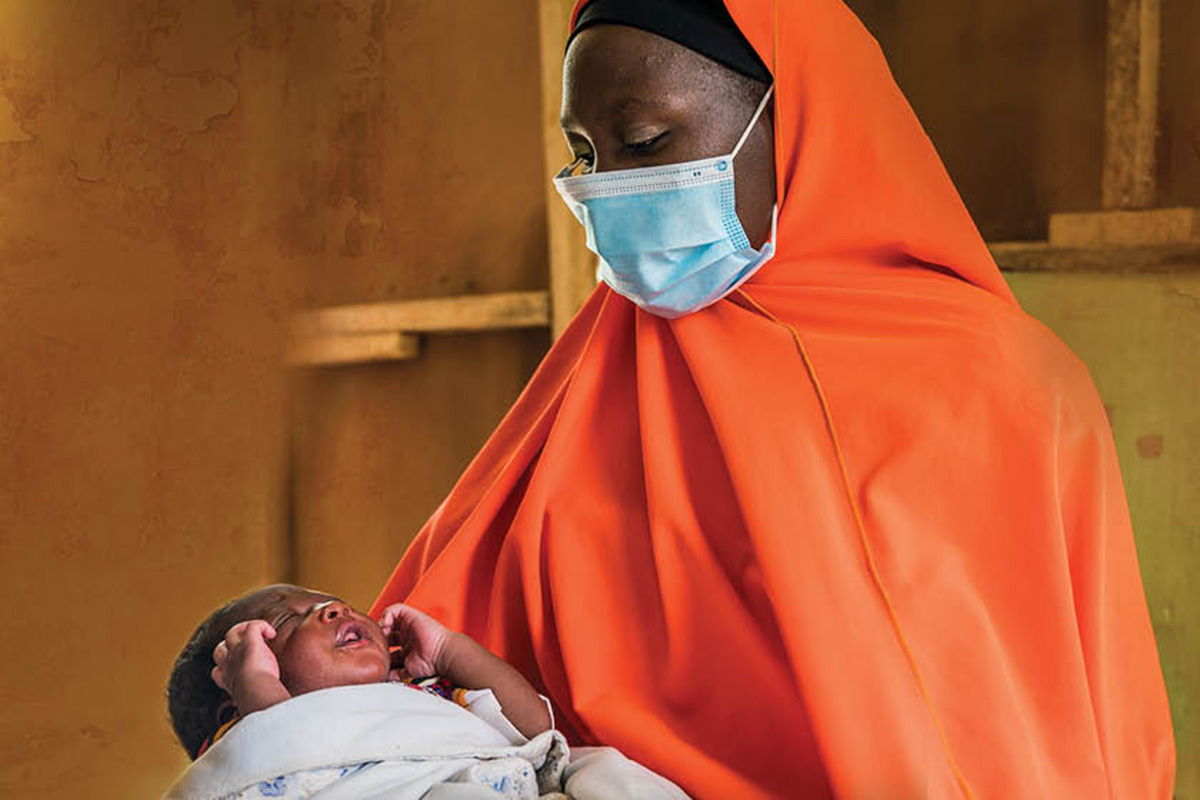Commodity prices across the board have increased significantly in recent months in the Latin America and the Caribbean (LAC) region. A new UNCTAD study reviews the price increases and their potential. The report underlines that structural differences across the region will likely result in heterogenous impacts of commodity price increases on trade and GDP growth. Most importantly, the high level of uncertainty on commodity markets and the high degrees of commodity dependence across the region underscore the need to boost the resilience of LAC economies to future shocks.
The global economic recovery continues, but with a widening gap between advanced economies and many emerging market and developing economies, IMF reports. Growth prospects for advanced economies this year have improved by 0.5 percentage point, but this is offset exactly by a downward revision for emerging market and developing economies driven by a significant downgrade for emerging Asia. Faster-than-expected vaccination rates and return to normalcy lead to upgrades, while lack of access to vaccines and renewed waves of COVID-19 cases in some countries, notably India, lead to downgrades.
The Intergovernmental Panel on Climate Change (IPCC), UN body for assessing the science related to climate change, launches a new report: “Climate Change 2021: The Physical Science Basis.” This document provides the latest knowledge on past warming and future warming projections. It shows how and why the climate has changed to date, including an improved understanding of human influence on the climate including extreme events. The report is possible thanks to 234 report authors and experts all over the world that regularly assess the rich body of scientific literature and papers.
1.3 billion tonnes of food is either lost or wasted, says the UNEP Food Waste Index. Composting is one of the best options for managing organic waste while also reducing environmental impacts.
Affordable, quality childcare is inaccessible in many of the world’s wealthiest countries, according to a new UNICEF report looking at childcare for children between birth and school age.
The crash in international tourism due to the pandemic could cause a loss of more than $4 trillion to the global GDP for the years 2020 and 2021, according to an UNCTAD report. The estimated loss has been caused by the pandemic’s direct impact on tourism and its ripple effect on other closely linked sectors. International tourism and its closely linked sectors suffered an estimated loss of $2.4 trillion in 2020. A similar loss may occur this year, the report warns, noting that the tourism sector’s recovery will largely depend on the uptake of COVID-19 vaccines globally.
The Secretary-General’s Guidance Note on Behavioural Science encourages all UN colleagues to apply behavioural science to enhance policy development, programme implementation and simplify processes. A corner stone of the Secretary-General’s agenda to reform the UN, behavioural science refers to an evidence-based study of how people behave, make decisions and respond to programmes, policies and incentives. The launch also marks the opening of the UN Behavioural Science Week. Join the UN Behavioural Science Group to learn more, connect and collaborate with colleagues from across the UN system.
Effective and binding action is urgently required to protect the millions of children, adolescents and expectant mothers worldwide whose health is jeopardized by the informal processing of discarded electrical or electronic devices, according to a new WHO report. As many as 12.9 million women work in the informal waste sector, which potentially exposes them to toxic e-waste and puts them and their unborn children at risk. Meanwhile more than 18 million children and adolescents are actively engaged in the informal industrial sector, of which waste processing is a sub-sector.
Spending on science worldwide increased (+19%) between 2014 and 2018, as did the number of scientists (+13.7%). This trend has been further boosted by the COVID crisis, according to UNESCO’s new Science Report, The Race against Time for Smarter Development. But these figures hide significant disparities: just two countries, the United States and China, account for nearly two-thirds of this increase (63%) while four out of five countries lag far behind, investing less than 1% of their GDP in scientific research. The scientific landscape remains largely a landscape of power.
ILO’s WESO Trends 2021 projections highlight the danger of a COVID-19 labour market legacy of increased geographic and demographic inequality, rising poverty and fewer decent jobs.
FAO reports on the stark warning from the 2021 Global Report on Food Crises revealing that conflict, economic shock and extreme weather continue to cause acute food insecurity.
The State of the World’s Midwifery 2021 presents findings on the Sexual, Reproductive, Maternal, New-born and Adolescent Health (SRMNAH) workforce from 194 countries. The report, produced by UNFPA, WHO and partners, shows the progress and trends since the inaugural 2011 edition and identifies the barriers and challenges to future advancement. The report establishes a global shortage of 1.1 million SRMNAH workers, the largest shortage (900,000) being midwives. Investment is urgently needed.
Bodily autonomy means that we have the power and agency to make choices over our bodies and futures, without violence or coercion. This edition of the State of World Population, UNFPA highlights why bodily autonomy is a universal right that must be upheld. The report reveals how serious many of the shortfalls in bodily autonomy are; many have worsened under the pressures of the COVID-19 pandemic. Right now, for instance, record numbers of women and girls are at risk of gender-based violence and harmful practices such as early marriage.
Environment is the foundation for human wellbeing. Who speaks for it? Who leads on it? Almost fifty years ago, in 1972, UNEP was created as the anchor institution for the global environment, a small, smart and capable body that was to “color the UN environmental”. UNEP’s fiftieth anniversary offers an opportunity to reflect on its core mandate, raise awareness about its accomplishments, and solicit input on its future. Join us for a conversation with Maria Ivanova, the author of “The Untold Story of the World's Leading Environmental Institution: UNEP at Fifty” at 18:30 - 19:30 h EAT.


